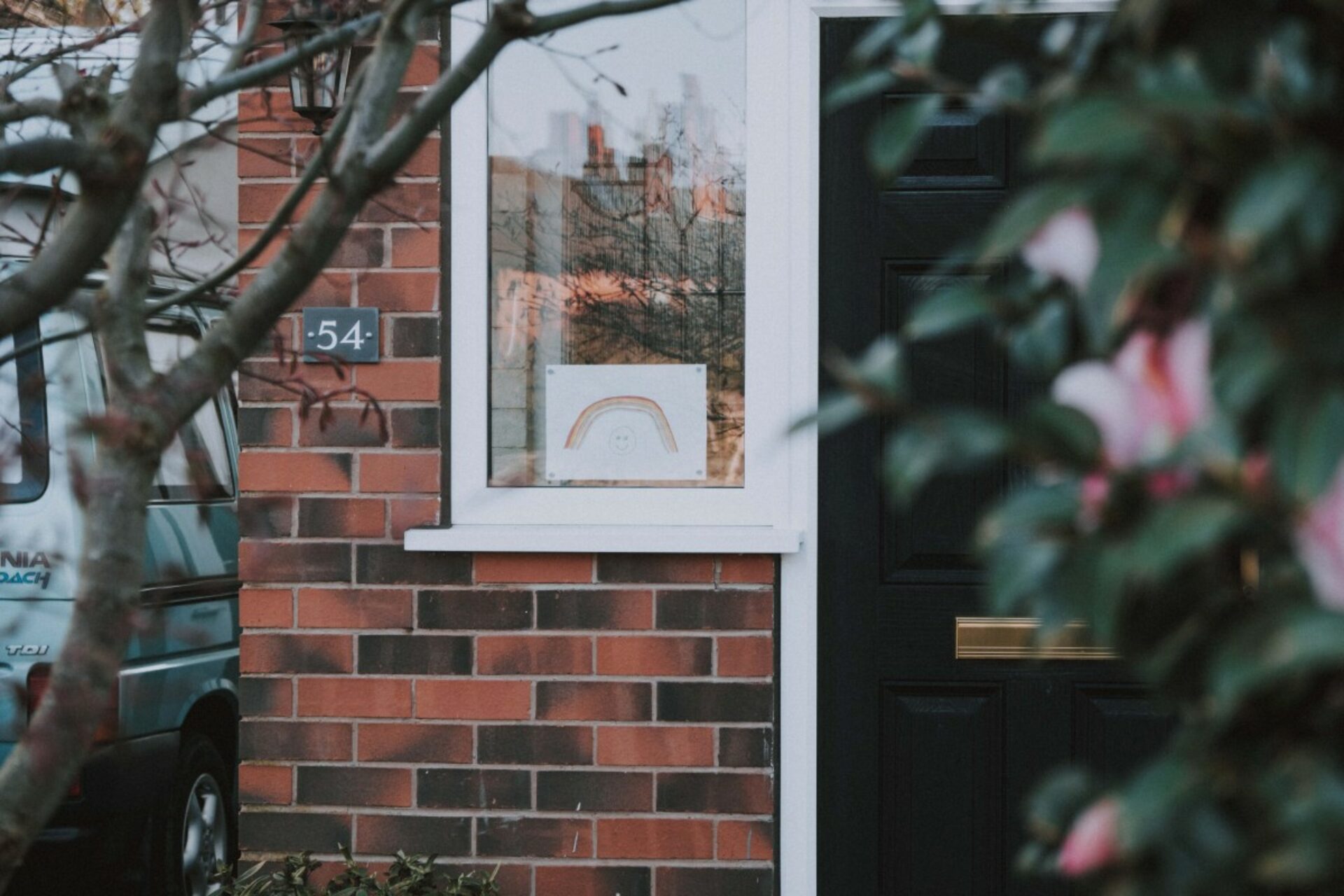Naima Iqbal
Although ‘lockdown’ is now slowly easing, I wonder what this time has meant for people like you and me. How has this impacted our mental health? And what will this look like going forward?
Many have had to choose between going to work and putting their lives at risk, in order to pay their bills and feed their family, or stay at home and risk losing their job. I can only imagine the anxiety or guilt brought on by these impossible dilemmas.
Countless medical appointments and treatments have been cancelled. This must feel like a nightmare, like being pushed aside. There’s been media frenzy and hysteria over anything Covid-19 related, too.
It’s eased somewhat but it is still hard to escape. Over the past months, I’ve certainly found myself watching endless hours of TV and staying awake late at night, worrying.
I think for many of us, just the idea of not having other people around to support you emotionally is a very scary and isolating feeling. The thought of contracting the virus or that a loved one could perish from it was and is equally heart breaking to think about.
My thoughts have especially been with the many women who are in abusive relationships. Sadly, their situation has no doubt been made far worse by being forced to stay at home with their partner. I know only too well what that can feel like.
I still have memories of hiding in the bathroom, freaking out while throwing up, as my migraines worsened. I can still remember the fear caused by the torrent of names that I would get called, like being an in capable, loathsome human-being.
Endless criticism about my housework, cooking, and for just being a woman, became the daily norm. So much so, that every stress in my life felt automatically like it was “my fault”.
Thankfully, today my life looks very different, but it took a long time and I needed a lot of support. In fact, it’s an area that I now actively work and campaign within, because I know that the understanding and support surrounding these issues is severely lacking.
I’m pleased that now I’m able to work, to run a house and pay my own bills – that I can stand on my own two feet – but it does pose a whole new set of challenges, particularly because I can’t work like other people are able to.
Trauma leaves behind mental and physical health problems, but I’ve learnt that it’s ok not to be like everyone else. I’m not comparing anymore.
Given that we’re all different and have different needs, I think it’s good that the lockdown period has given many of us the opportunity to realise that working from home is possible. It’s kinder to the environment. Fewer vehicles have made the air we breathe cleaner, and apparently the waterways too. It can also be kinder to ourselves.
No more waking up at a ridiculous hour, having to fight for bathroom space, dressing whilst half asleep and worrying about missing your train or bus to work. Not having to commute can give us more time, too. More time for all those odd jobs we avoided round the house and for the people (or pets!) we are in lockdown with.
In my case, I’ve been sewing items such as fabric masks and washbags for healthcare workers, which helps me feel more useful! I’ve also had more time to cook meals from scratch and experiment with recipes. More and more people are trying to grow their own food now, too – even in containers and on balconies.
It has also shown us how humans can adapt. Just look at the numbers of ordinary people like you and me that have come forward nationally and locally over the last weeks to help the NHS, distribute food parcels and support elderly neighbours.
Rather than isolating us, it’s actually bought many people together, who would otherwise be strangers. A lot more people have developed a greater respect for those who work as caregivers, and those who provide our essential services such as refuse collection and postmen, too.
Similarly, people are giving more thought for the plight of refugees and migrant workers, who are also helping to support the UK through this crisis – and so it should be the case.
Moving forward, I hope that we can maintain these bonds and keep hold of this compassion we’ve developed for one another into the future.
Naima Iqbal worked as a Regional Peer Researcher at the McPin Foundation.
If you need help or support with your mental health, or are worried about somebody else, there are a number of organisations listed here that may be able to assist you. There are also links to information about staying well during Covid-19 on this page.
